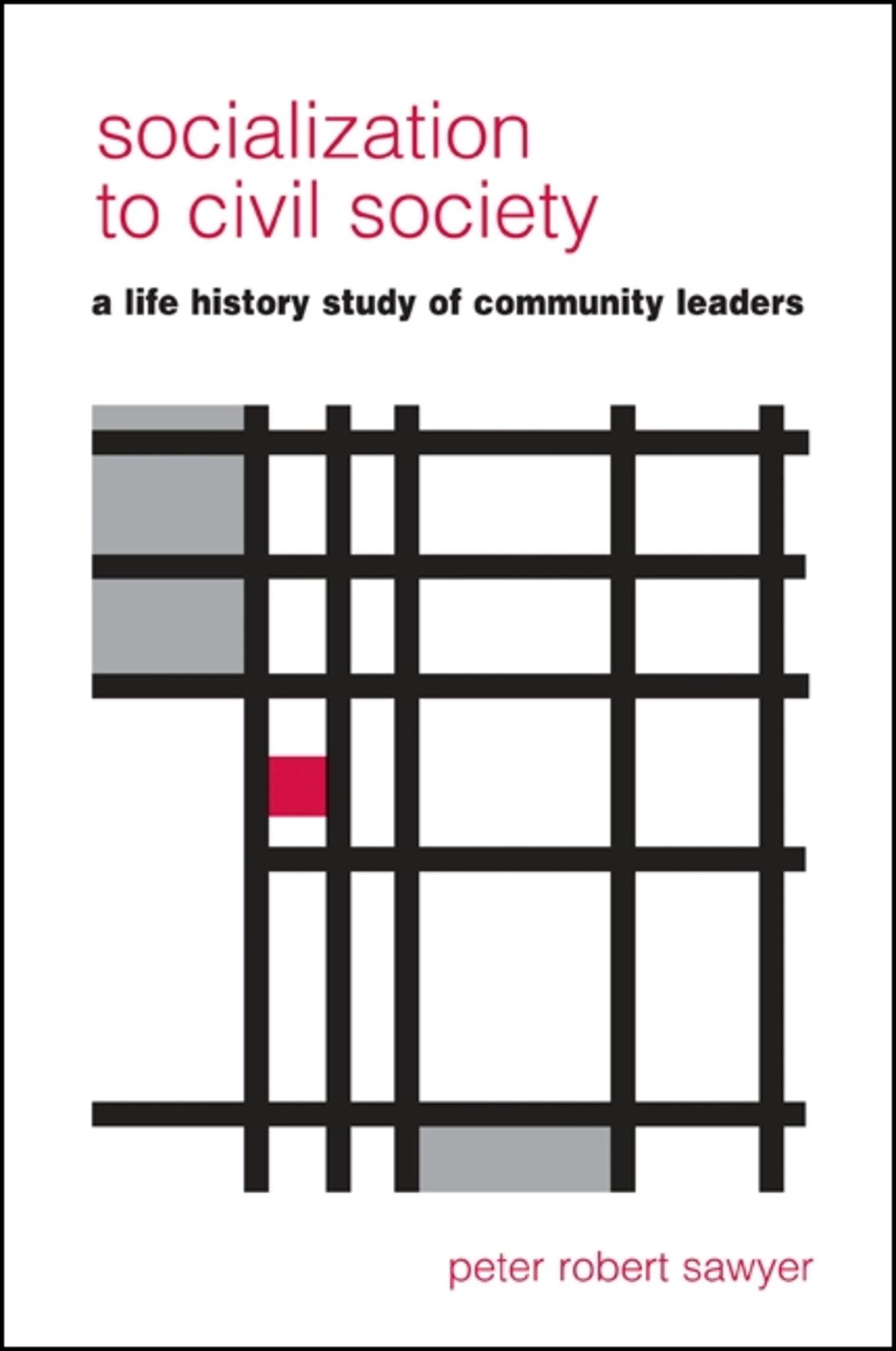We're sorry. An error has occurred
Please cancel or retry.
Socialization to Civil Society

Some error occured while loading the Quick View. Please close the Quick View and try reloading the page.
Couldn't load pickup availability
- Format:
-
11 November 2004

Using a life history approach, looks at what influences citizens to participate in the voluntary associations that comprise and promote civil society.
2005 CHOICE Outstanding Academic Title
While many political theorists argue that the problems and failures of American democracy are rooted in the decline of civil society, few examine how American institutions socialize citizens to participate in the voluntary associations that comprise civil society. Peter Robert Sawyer offers a life history approach to explore citizen involvement within one community in upstate New York. Sawyer's informants model enlightened self-interest and participate actively in their community's voluntary associations. Their life histories, revealed in rich narrative, tell us how they think about political life and how various agents of socialization-family, peers, school, church, community, media, workplace, and voluntary associations themselves-influence their commitment. The results of this study provide some interesting revelations about how to construct government, corporate, education, and family institutions to encourage civic participation and to maintain the overall health of civil society.


Preface
1: Strengthening Civil Society
2: Civil Society
Importance of Civil Society to Democracy
History of Civil Society in America
The Creation of Meaning and Civil Society
3: Engaging Citizens in Civil Society
Explaining Involvement in Civil Society
Political Socialization
Conclusion
4: Researching Engaged Citizens in Civil Society
Community Site Selection
Research Approach
Subject Selection
Interviews
Interview Schedule
Analyses of Interviews
Design Statement
5: Citizen Models for Civil Society
Values
Virtues and Norms
Concepts and Beliefs Concerning Public Life
Motivations to Involvement in Civil Society
Conclusion
6: Socialization to Civil Society
Childhood Socialization to Civil Society
Adult Socialization to Civil Society
Conclusions
7: Discussion and Conclusions
Focus on Micro-Sociology and Community Politics
Methodology
Facilitating the Health of Civil Society
Appendices
Appendix A: Random Phone Interview Guide
Appendix B: Organizational Representative Interview Guide
Appendix C: Identified Subjects Interview Guide
Appendix D: Subject Biographies
Appendix E: Written Consent Form
Notes
References
Index



